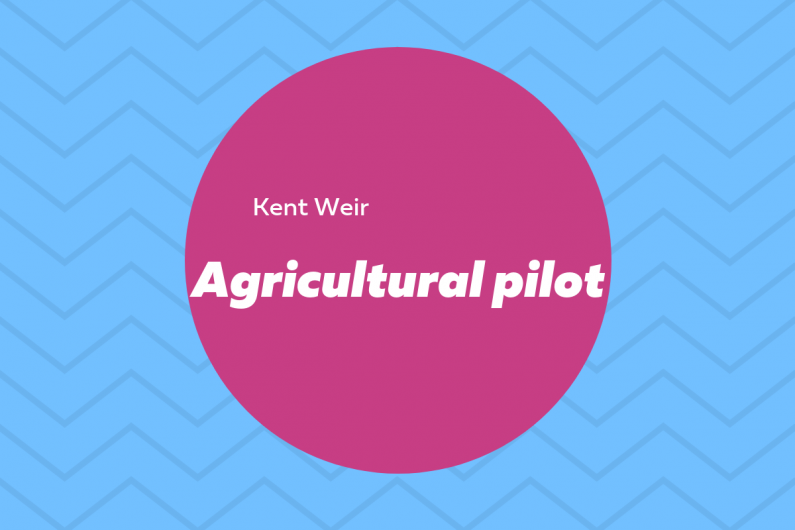Kent Weir, agricultural pilot

Kent Weir is an agricultural pilot in the country.
What's on this page?
Kent Weir, commercial agricultural pilot: video
Check out Kent Weir's life as an agricultural pilot (2:38 mins, video courtesy of Farmer's Weekly)
What does he do: Kent flies a small plane that sprays fertiliser over farms and orchards.
How did he become an agriculture pilot: Kent got his private pilot’s licence while at secondary school. He went to Christchurch to get his commercial pilot’s licence. After that he got a loader driver position with Super Air, which was like an apprenticeship into the agricultural flying industry. He did 18 months working on the plane loaders before doing his full flying training and becoming a commercial agricultural pilot.
What’s the future: Building up more experience with different aircraft types, and doing some aerial spraying in Australia.
What he likes: First thing in the morning when the plane performs well.
What you need to know: Sometimes the hours are long, and you need good relationship-building skills to work with the farmers and loaders.
You’ve got to be pretty passionate about the job.
Kent Weir, agricultural pilot
Facts about agricultural pilots
Pay: $50K-150K per year
Chances of getting a job: Good
Length of training: 2-3 years
Qualifications: To become a commercial aeroplane pilot you need a New Zealand Diploma in Aviation or a Bachelor of Aviation, which includes a commercial pilot licence. You must be at least 18 years old, have a New Zealand private pilot licence, and pass medical, screening, personality and English language tests, plus complete a minimum of 200 hours flying time.
Find out more
Updated 28 Nov 2019